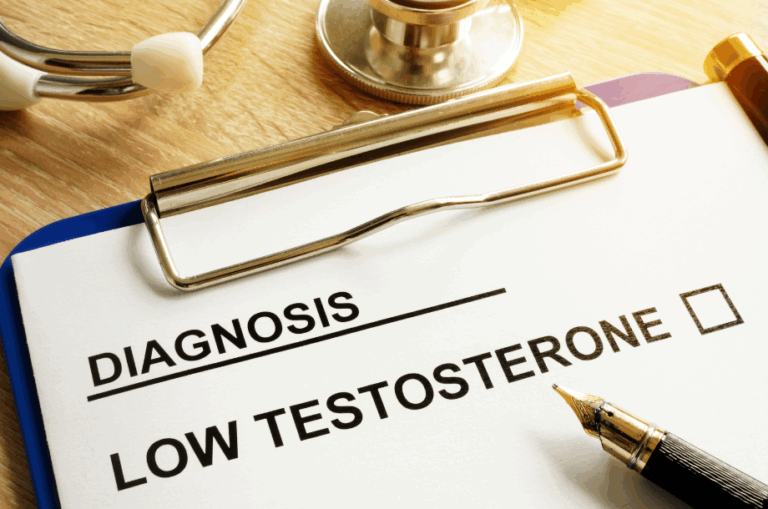Did you know since laparoscopic technique was introduced into popular practice in the 1990s, the number of cholecystectomies (surgery for gallbladder removal) in the US has almost doubled? Laparoscopic cholecystectomy minimized what was a large incision to a few tiny punctures, reduced infection rates, scar tissue, hospital stay, and surgery time, and sped up healing and recovery.
But is it an incredible coincidence that just as the surgery got easier, so many more people developed gallbladder problems—or are there additional reasons to explain why people are losing their gallbladders in record numbers?
Technological advances in medicine always generate excitement, and doctors don’t always follow guidelines designed to prevent unnecessary procedures. Plus, some doctors believe an ounce of prevention is worth a pound of cure and so have a low threshold for whipping out your gallbladder, even when the indication for surgery may be murky. If you aren’t asking lots of questions and considering alternate options, you might find yourself facing a procedure that may be nifty but not necessary.
What’s the downside of laparoscopic cholecystectomy? While some older medical textbooks may refer to the gallbladder as a “nonessential” organ, that’s definitely not the case. It plays a critical role in digestion by storing and excreting bile to help with fat absorption. Can you live without it? Sure – but there’s a good chance your digestion will never be the same (and you may end up even more symptomatic than you were before, depending on how compelling your indication for surgery). There’s no question that gallbladders can be problematic— from causing annoying but relatively manageable symptoms like gas and bloating, to life-threatening situations like gangrenous cholecystitis. But keep in mind many people with gallbladder abnormalities like gallstones may be totally asymptomatic, while others may have non-specific symptoms like pain and nausea that are incorrectly attributed to gallbladder disease.
If you suffer from digestive complaints and have also been told you have gallstones or a poorly functioning gallbladder, it can be tricky deciding whether you’re better off with your gallbladder in or out. Check out Rose, our patient of the week for more insight into the “leave it in/take it out” gallbladder debate.








